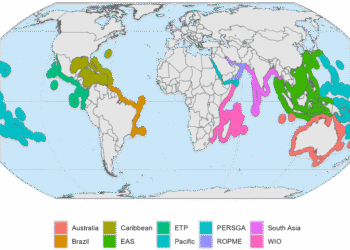Human rights law is a cornerstone of modern civilization, aimed at protecting the inherent dignity and rights of every individual. Rooted in principles of equality and freedom, this body of law ensures that individuals are treated fairly, without discrimination, and can lead a life of respect and safety. It emerged from a collective desire to prevent the atrocities of war and oppression, gaining prominence after the Second World War and leading to the establishment of the Universal Declaration of Human Rights (UDHR) by the United Nations in 1948.
Visit: bhrinlaw.org
Human rights law is fundamentally concerned with safeguarding basic rights that are considered inalienable, such as the right to life, liberty, freedom from torture, and the right to fair treatment under the law. The UDHR, alongside subsequent covenants like the International Covenant on Civil and Political Rights (ICCPR) and the International Covenant on Economic, Social and Cultural Rights (ICESCR), form the International Bill of Human Rights. These instruments articulate a wide range of rights, from political freedoms like freedom of speech and assembly to economic and social rights, such as access to education, health, and an adequate standard of living.
One of the critical components of human rights law is that it establishes both state obligations and individual protections. States are obligated to respect, protect, and fulfill human rights. This means they must refrain from infringing on rights, protect individuals from abuses by others, and take measures to ensure that all people can enjoy their rights fully. Courts, such as the European Court of Human Rights or the Inter-American Court of Human Rights, exist to ensure that countries adhere to their obligations. By holding governments accountable, these institutions help to enforce compliance and ensure justice for victims of rights violations.
Human rights law also provides a framework for advocacy and reform, empowering individuals and organizations to challenge inequality and injustice. It supports civil society groups, activists, and victims of abuse in their efforts to seek redress and bring about meaningful change. Movements against racial discrimination, gender inequality, and the oppression of marginalized groups often use human rights law as their foundation for demanding justice and equal treatment.
Despite its significance, the implementation of human rights law faces many challenges. Political interests, conflicts, cultural differences, and issues of state sovereignty often obstruct the universal application of these rights. However, the principles enshrined in human rights law remain a powerful tool for promoting justice, advancing social progress, and resisting tyranny. By upholding these rights, societies can build more inclusive and equitable systems, ensuring that every individual’s dignity is respected.
In conclusion, human rights law is a fundamental component of global justice, fostering equality and protecting against abuse. It stands as both a moral and legal guide for nations and individuals alike, promoting a world where the dignity of every person is recognized and upheld.












